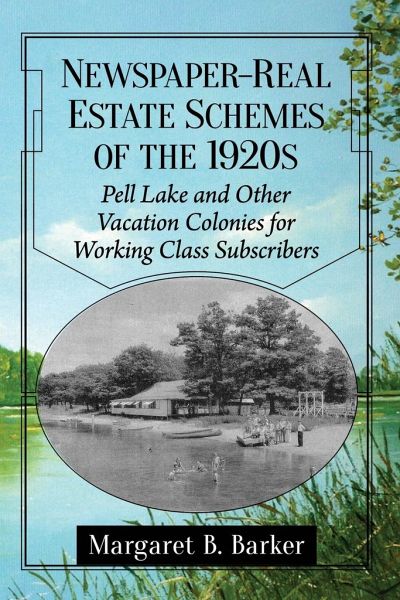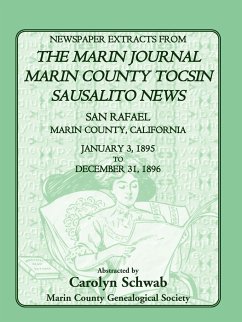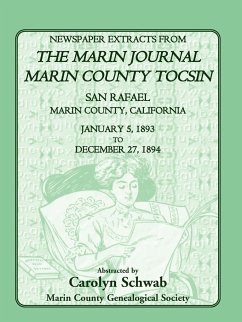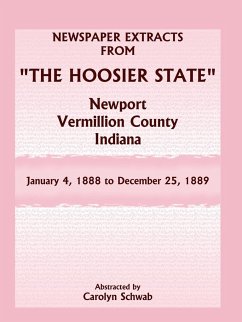
Newspaper-Real Estate Schemes of the 1920s
Pell Lake and Other Vacation Colonies for Working Class Subscribers
Versandkostenfrei!
Versandfertig in 1-2 Wochen
44,99 €
inkl. MwSt.

PAYBACK Punkte
22 °P sammeln!
In the 1920s, newspapers and real estate developers colluded in a scheme to sell tiny vacation lots to subscribers. A zealous advertising campaign spawned a land-buying frenzy that sprouted dozens of waterfront summer colonies across the country. The resulting legal, social and environmental mayhem caused some of these communities to disappear or be drastically altered in character, while others managed to survive more or less intact. Drawing on newspaper accounts of the day, this book explores how the scheme eluded accusations of fraud, creating an assembly line for middle class resorts throu...
In the 1920s, newspapers and real estate developers colluded in a scheme to sell tiny vacation lots to subscribers. A zealous advertising campaign spawned a land-buying frenzy that sprouted dozens of waterfront summer colonies across the country. The resulting legal, social and environmental mayhem caused some of these communities to disappear or be drastically altered in character, while others managed to survive more or less intact. Drawing on newspaper accounts of the day, this book explores how the scheme eluded accusations of fraud, creating an assembly line for middle class resorts through a lucrative merger of real estate and journalism. Pell Lake, Wisconsin, serves as a case study that yields the best evidence for determining if it was all a scam. Told here for the first time, the story of this unusual alliance and the communities it created offers lessons for today's entrepreneurs, journalists, advertisers, real estate developers, environmentalists and anyone who has ever lived in a resort community.














